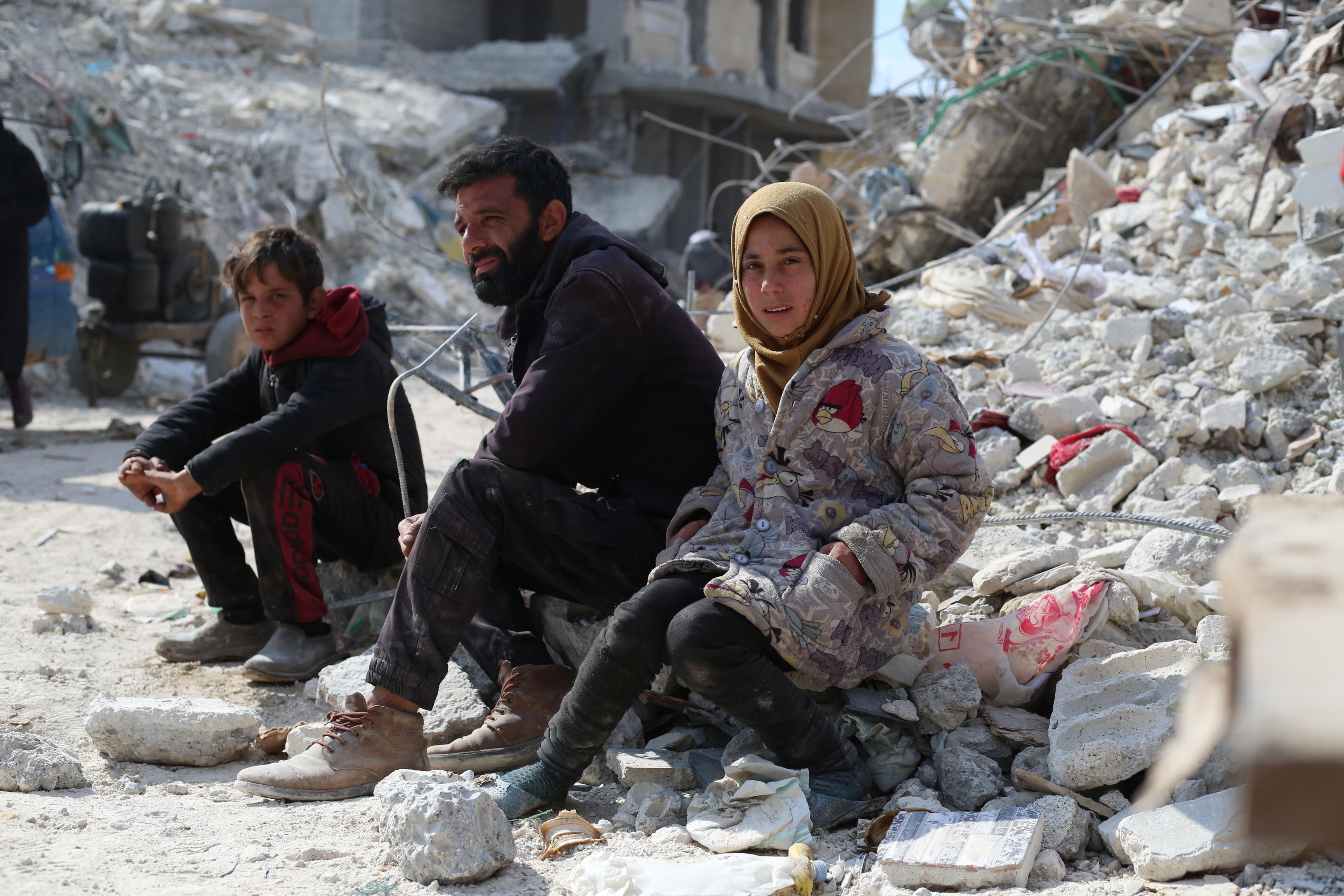EU halts asylum applications amid Syria turnaround
Europe freezes Syrian asylum applications as Assad’s regime collapses
As Bashar al-Assad's regime crumbles, European nations are reassessing their stance on Syrian asylum seekers, halting the processing of applications and considering the future of refugees who have sought refuge within their borders.

This shift comes amid uncertainty over Syria’s political landscape, with many refugees hopeful for the chance to return to their homeland, while far-right political movements seize the moment to call for stricter immigration policies and reviews of existing residency permits.
A surge in asylum applications and Its aftermath
Syria’s civil war, which erupted in 2011, displaced millions, prompting a large influx of refugees to Europe, particularly during the 2015 migration crisis. Over one million Syrians arrived in the European Union that year, with Germany accepting the lion’s share. Nearly a decade later, Germany still hosts close to one million Syrians. However, following the collapse of Assad’s regime and the end of the war, European countries are now grappling with the implications of this shift, wondering how many refugees will choose to return and whether it’s still necessary to grant asylum to those with pending applications, according to Ynet news reports.
In response to these developments, Germany announced on Monday evening that it was suspending the review of Syrian asylum requests, including 47,000 pending applications, until further notice. German officials, including Interior Minister Nancy Faeser, emphasized that returning refugees would depend on the situation in Syria, which remains volatile. "It’s impossible to speculate about returns at this stage," Faeser said, acknowledging that many refugees now see the fall of Assad’s brutal dictatorship as a sign of hope for returning home and rebuilding Syria.
Syrians express desire to rebuild their country
Across Europe, many Syrian refugees are expressing their desire to return to Syria and contribute to its reconstruction. In Berlin, for example, thousands gathered to celebrate Assad’s fall. Bassam, a social worker who arrived in Germany in 2016, shared his intention to return and help rebuild Syria. "Like many Syrians, I want to return to my country and help rebuild it," he said. Similarly, Sabrine, a 36-year-old architect, emphasized her desire to use her expertise to assist Syria’s recovery, stating, "Syria needs money and expertise, and we can gather that from here for now."
Far-Right movements seize the moment
The end of the war in Syria is also fuelling a rise in far-right political movements across Europe. In Germany, the far-right Alternative for Germany (AfD) party has seized on the issue of immigration, warning that the end of the war could lead to another wave of Syrian refugees entering the country. Party leader Alice Weidel declared, "The borders are closed; we are not prepared to accept more."
Austria, which is home to nearly 100,000 Syrians, also announced it would freeze asylum requests while reviewing the security situation in Syria. The country’s Interior Ministry has indicated that they are preparing for a "plan for organized returns and deportations" of Syrians. Austria’s decision follows Germany’s stance, with similar announcements coming from Sweden and Denmark.
Sweden and other Nations join the freeze
Sweden, which accepted more than 50,000 Syrians during the 2015 crisis, is now suspending asylum reviews and deportations to Syria. Nearly 200,000 Syrians currently live in Sweden, and the Swedish Migration Agency acknowledged that it was difficult to assess the grounds for protection given the uncertain situation in Syria.
The far-right Sweden Democrats party called for a reassessment of residency permits granted to Syrians in Sweden, arguing that the new situation in Syria requires a reevaluation of who should stay. Party leader Jimmie Åkesson declared, "Destructive Islamist forces are behind the regime change in Syria. Those celebrating this in Sweden should see it as an opportunity to return home."
Other European Countries follow suit
Other European nations, including Denmark, Norway, and the United Kingdom (post-Brexit), are also halting asylum applications. Denmark, which has already led the charge in reassessing residency permits for Syrians, explained that it is freezing processing due to the "uncertainty" surrounding Syria. Norway, with over 1,900 Syrian asylum requests this year alone, echoed similar concerns about Syria’s unstable security situation.
France, which has yet to make an official decision, is expected to follow suit soon. A statement from the French Interior Ministry indicated that they would be suspending asylum processing for Syrians in the coming days.
Turkey’s plan to facilitate voluntary returns
Turkey, which currently hosts the largest number of Syrian refugees—over three million—has welcomed the end of Assad’s regime and is actively encouraging Syrians to return home voluntarily. Syrian refugees in Istanbul and other Turkish cities celebrated the fall of Assad, with many now gathering at border crossings, eager to return to Syria.
"We will continue our efforts to ensure Syrians return to their homeland safely and willingly," said Turkish Foreign Minister Hakan Fidan. At the Turkey-Syria border, hundreds of refugees, including Mohammad and Ali, both of whom fled Syria years ago, expressed their relief and excitement about returning. "Thank G-d, the war is over," Ali said. "Everyone will return; no one will stay here."
For many Syrians, the fall of Assad’s regime marks a new chapter—a chance to rebuild their country and restore normalcy after years of conflict. Yet, for Europe, it brings both the opportunity to wind down the refugee crisis and the challenge of determining the future of those who remain. The coming months will likely see continued debates and policy shifts as European governments grapple with how to handle the influx of returnees and the ongoing situation in Syria.